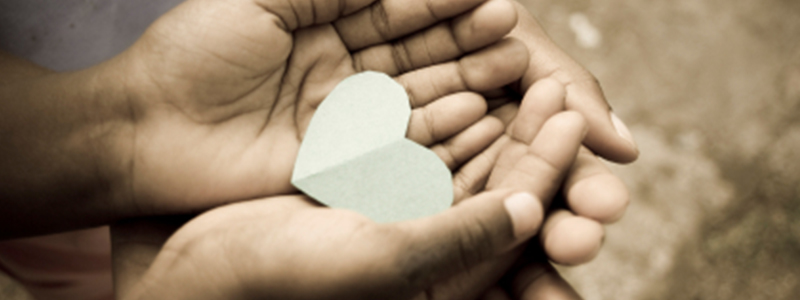
Every January we all pick our New Year’s Resolutions. Things connected to financial, and physical health, or reprioritizing things as a new year begins. This year, may I suggest our resolution for happiness. Specifically, to engage in five practices shown to effectively contribute to a happier and healthier life.
Mindfulness
“In today’s rush, we all think too much — seek too much — want too much — and forget about the joy of just being.” ~Eckhart Tolle
Understanding that we cannot change the past, nor can we predict the future, but we do have control over what happens in the moment. Mindfulness includes body awareness, self-awareness, regulation of emotion and regulation of attention. As a therapist I often say that depression lives in the past, anxiety lives in the future, and genuine happiness comes from being in here and now. Recent research published in the journal Health Psychology shows that mindfulness is not only associated with feeling less stressed, but it’s also linked with decreased levels of the stress hormone cortisol.
Gratitude
“Gratitude makes sense of our past, brings peace for today, and creates a vision for tomorrow.” Melody Beattie
First, gratitude is an affirmation of goodness. We affirm that there are good things in the world, and acknowledge the gifts and benefits we’ve received. This doesn’t mean that life is perfect; it doesn’t ignore complaints, burdens, or challenges. But when we look at life as a whole, gratitude encourages us to identify some amount of goodness in our life.
A 2008 study by psychologist Alex Wood in the Journal of Research in Personality, shows that gratitude can reduce the frequency and duration of episodes of depression.
Service
“Lose yourself in generous service and every day can be a most unusual day, a triumphant day, an abundantly rewarding day!” William Arthur Ward
Volunteering helps people who donate their time feel more socially connected, thus warding off loneliness and depression. Service is an excellent opportunity to practice mindfulness and express gratitude in a practical way.
A 2012 study in the journal Health Psychology found that participants who volunteered with a focus of helping others, experiences positive effects on both their mental and physical health.
Forgiveness
“When you forgive, you in no way change the past - but you sure do change the future.” Bernard Meltzer
Forgiveness is the act of consciously deciding to let go of resentment or vengeance toward another entity who has harmed you in some way. Forgiveness can be practiced by developing empathy, intentionally looking for the positive in situations and properly expressing your feelings, and reaffirming healthy boundaries. For the greatest benefits, it is important to not only practice forgiveness of others, but also practice towards yourself.
Vulnerability
“What happens when people open their hearts?"
"They get better.” Haruki Murakami, Norwegian Wood
When you think about your deepest relationship both past and present, you will recognize that whatever the relationship, you’ve likely shared some vulnerable moments in it. Sometimes we fear vulnerability because it’s in those times that we are open to pain. Yet the paradox is that it’s also in those moments that we are open to healing.
Without vulnerability we may think we are protecting ourselves from pain, yet what we actually do is block ourselves from healing. Vulnerability is the true foundation to letting go of our pain and inviting change and healing. This New Year commit to opening yourself to the power of vulnerability and connection with healthy and loving people.
This new year, make your resolution to be more present in your life, to offer gratitude for whatever that moment may be, to turn gratitude into service, and through service be more forgiving of yourself and others - and in all of that embrace the vulnerability that follows because this is the fountain true healing comes from.
Joe Gorton, CMHC
E-Counseling Essentials - Online Therapy